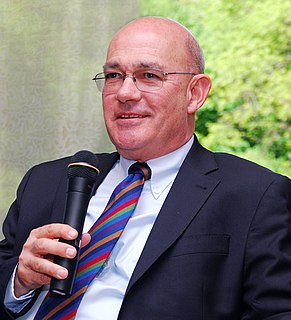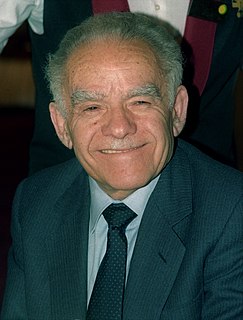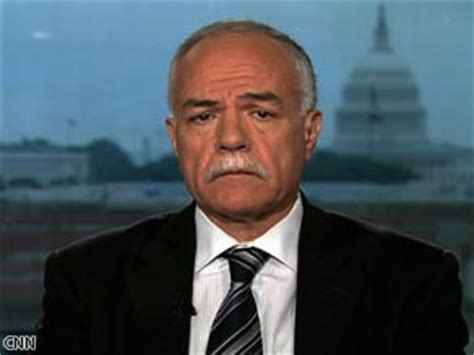A Quote by Nicholas D. Kristof
We tie ourselves in knots when we act as if democracy is good for the United States and Israel but not for the Arab world. For far too long, we've treated the Arab world as just an oil field.
Related Quotes
Almost every peace process that has gone on between the Arab side and Israel, the United States has been somewhat isolated because most of the countries in the world, what they really want is to accept the Arab peace plan or so-called peace plan, which in its present form would lead to the destruction of Israel.
Recall that the United Nations commissioned Arab scholars and analysts to publish the Arab Human Development Report. What causes the backwardness, the scholars wondered, of 22 Arab states, covering nearly 300 million people? Their conclusion? Of all world regions, the Arab countries scored the lowest in freedom, media independence, civil liberties, political process and political rights.
In many parts of the world, including the Arab world, the Latin American world, and even parts of the Western world, there is a tradition of writers being quite engaged. Particularly in the Arab world you have had very, very strong traditions of literature and poetry and most of the writers have been deeply committed to the cause of the Arab nation.
So much of the United State's political relationship with Israel is based on culture. Israel is the only Westernized culture in the region and the Middle Eastern countries bordering Israel are Arab, which is a totally different society. Even though Israel doesn't exactly feel like the United States, by comparison to its neighbors it's very Western.
Jordan is many different things and there's many different parts of it. We don't ever really get to see a modern Arab city, a part of the Arab world where people are seemingly living their lives like everywhere else and also just a part of the Arab world that's surprisingly Americanized, with fast-food joints everywhere and shopping malls. Over the 30 years I've been traveling there, I really saw it grow and become modernized and much more Americanized in a way that surprised me as an Arab-American.
































